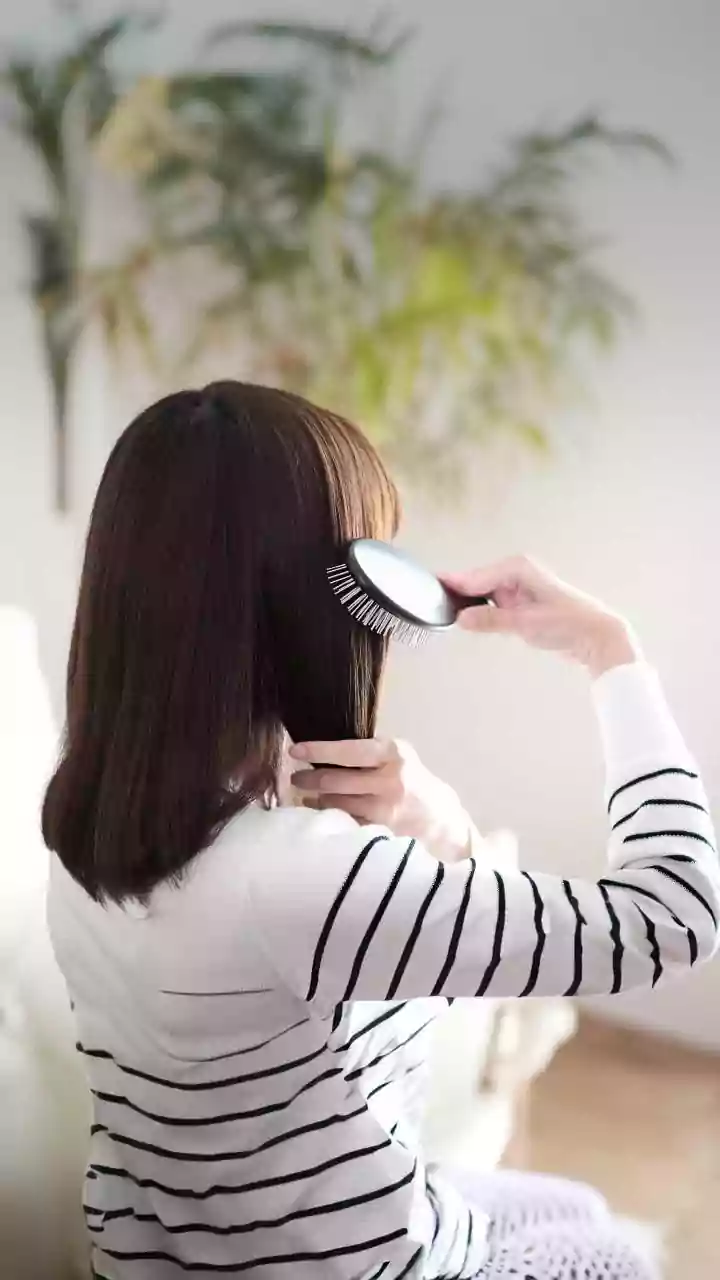Origin of the Myth
The notion that the moon impacts hair growth has ancient roots, drawing on a belief in the moon's power to affect life. Historically, people have connected
the moon's cycles to biological processes, including planting, harvesting, and, by extension, human growth. This association possibly stems from the observable influence of the moon on tides, and the early civilizations used the cycles to observe the different processes in their lives. It is worth noting that the moon's effects, such as the gravitational pull, are more prominent in water, making the connection to hair – which is mostly keratin – a leap of faith without concrete evidence. The origins lie in ancient beliefs passed through generations, where the moon's phases took on symbolic significance.
Debunking the Myth
The connection between the moon and hair growth is generally considered to be a myth. There is no robust scientific evidence to support the idea that the moon's phases directly influence hair growth cycles. Hair growth is a complex biological process primarily regulated by hormones, genetics, nutrition, and overall health. The common belief that different moon phases impact hair growth lacks empirical backing. Despite the popularity of using moon phases in various life aspects, the human body operates differently. The hormonal and cellular activity, crucial for hair development, is not influenced by lunar cycles. Therefore, the idea is not in the realm of science, but rather, in the realm of folklore and tradition.
Hair Growth Explained
To grasp the principles of promoting healthy hair, we must recognize the fundamental biology of hair. Hair growth is a cyclical process that includes three main phases: anagen (growth phase), catagen (transition phase), and telogen (resting phase). The anagen phase can last for several years, determining the length of the hair. The catagen phase is a brief transition period during which the hair follicle shrinks. Finally, the telogen phase involves the hair resting and eventually shedding. Various factors affect these phases. Hormonal changes, nutritional intake, and hereditary influences play a crucial role in the health of hair follicles and hair production. Understanding this cycle allows for strategies aimed at enhancing hair growth.
Practical Hair Care
Good hair care includes providing the necessary nutrients and adopting practices that support overall hair health. A balanced diet rich in protein, vitamins (particularly A, C, D, and E), and minerals (such as iron and zinc) is vital. Using hair products tailored to your hair type is equally crucial. Regular but gentle washing, avoiding harsh chemicals, and protecting hair from sun damage can prevent breakage and enhance growth. Additionally, practices like minimizing heat styling and detangling hair carefully contribute to a healthy scalp. Focusing on these strategies will lead to improved hair quality. Consult a healthcare professional if experiencing unexplained hair loss.
Best Time for Growth
While the moon doesn't control hair growth, strategic hair care can maximize its potential. The 'best time' to focus on hair growth is all the time, by maintaining a consistent hair care routine and diet. It is essential to take care of your hair and maintain its health, regardless of any external factors. The real 'best time' emphasizes consistency. Regular care routines provide the best results. Focus on adopting a daily routine. Maintain a healthy lifestyle. Consult a professional for a personalized hair care plan to maximize your hair's natural potential.


















